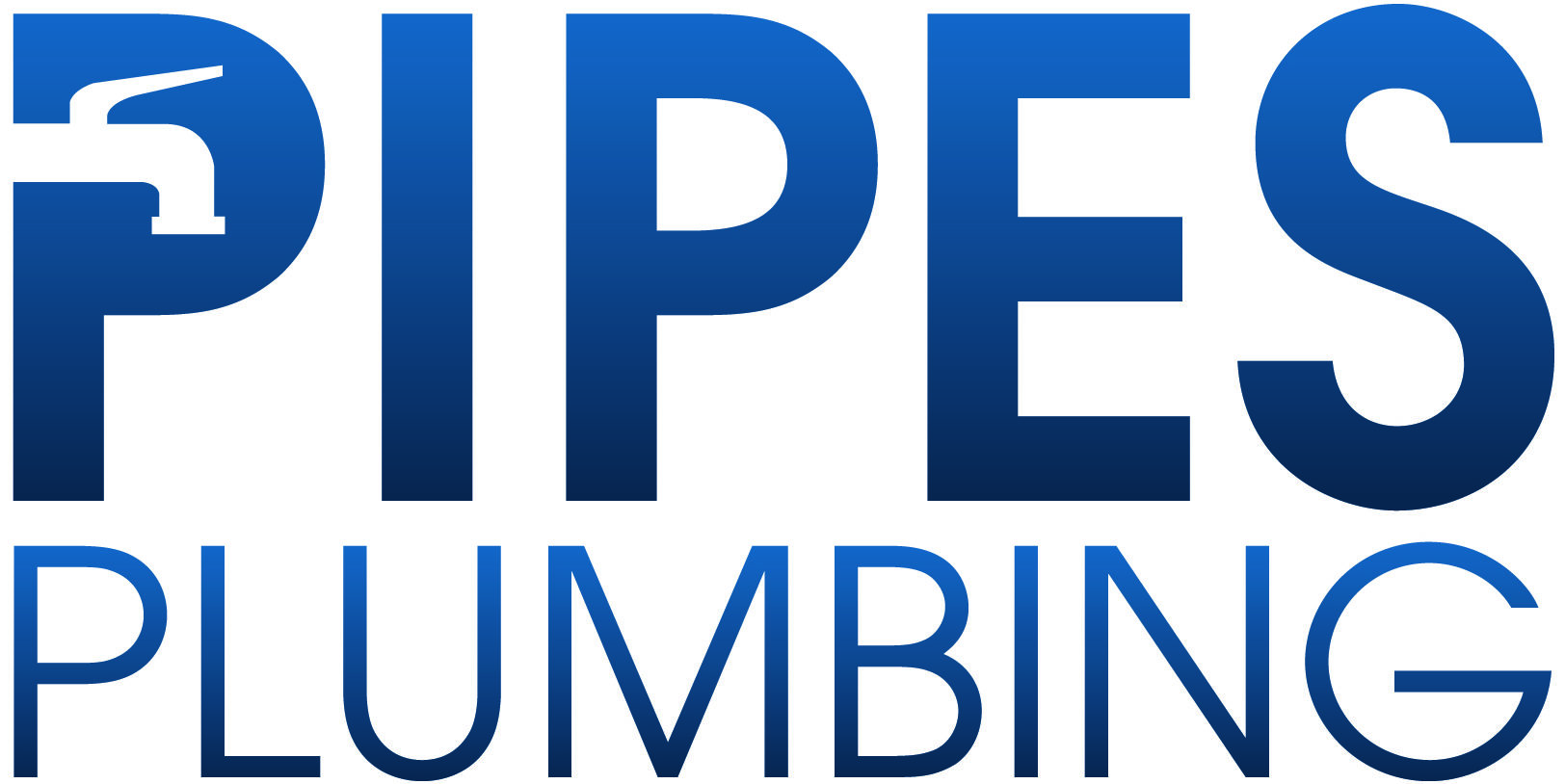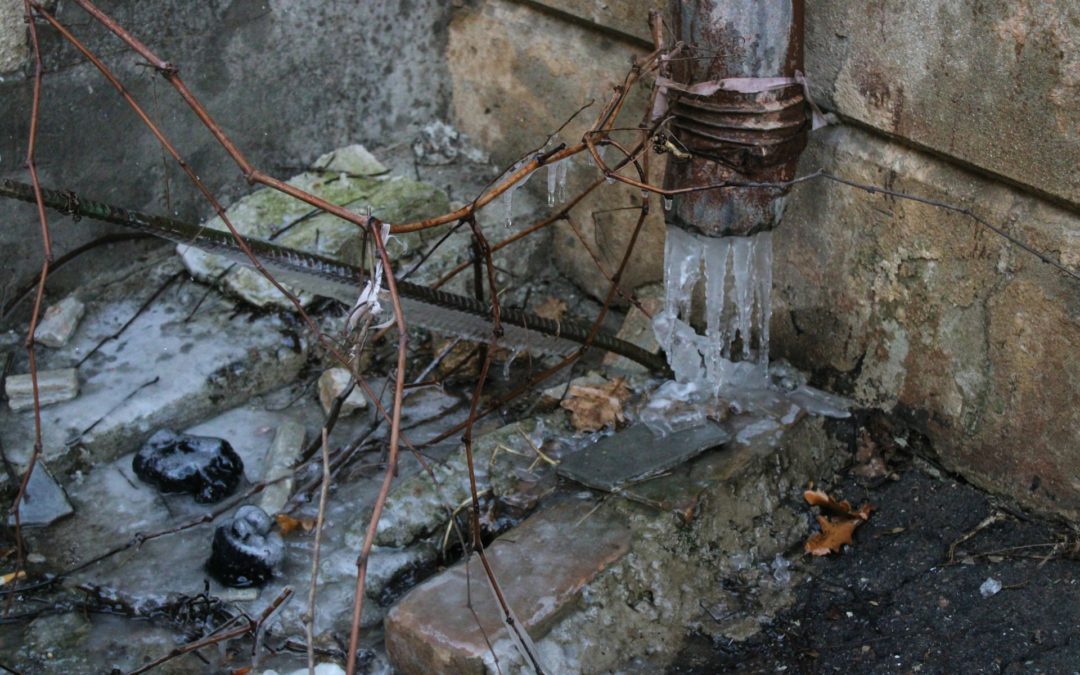During the frigid winter months in Ottawa, one of the most common plumbing issues faced by homeowners and businesses alike is the problem of frozen pipes. Frozen pipes can not only cause significant inconvenience and disruption but also lead to severe damage, such as burst pipes, water leaks, and potential flooding. To protect your property from these costly damages, it’s crucial to understand how to identify and prevent frozen pipes during the winter season. In this blog post, we will discuss the telltale signs that your pipes might be frozen, share tips on how to prevent freezing, and explain how we, Ottawa’s plumbing and heating experts, can help you stay one step ahead of winter plumbing woes.
Signs Your Pipes May Be Frozen
Detecting frozen pipes early helps prevent further damage to your plumbing system and allows for timely intervention. Keep an eye out for the following signs that may indicate your pipes have frozen:
- Reduced water flow: One of the most obvious signs of frozen pipes is a noticeable decrease in water flow or pressure coming from your faucets.
- Unusual smells: If you detect strange odors coming from your drains or faucets, it might be caused by frozen pipes blocking the movement of water and pushing the smell back up into your home or business.
- Frost on exposed pipes: Visible frost on the exterior of your pipes is a clear indicator that the water inside is freezing or has already frozen.
- Cold temperatures: During periods of extreme cold, your chances of encountering frozen pipes increase significantly, especially in areas of your home or business with poor insulation.
Preventative Measures to Guard Against Frozen Pipes
Taking proactive steps to prevent your pipes from freezing is essential for maintaining a functional plumbing system throughout the cold Ottawa winter. Here are some preventative measures you can implement:
- Insulate your pipes: Use foam pipe insulation to protect your pipes, focusing on exposed areas such as attics, basements, crawl spaces, and exterior walls.
- Maintain a consistent indoor temperature: Keep your thermostat set at a consistent temperature, both day and night, to help prevent pipes from freezing due to sudden drops in temperature.
- Let faucets drip: If you suspect a pipe might be at risk of freezing, let your faucet drip slightly, as the constant flow of water can help prevent freezing.
- Open cabinet doors: To allow warm air to circulate around your plumbing, open the doors of cabinets containing pipes, especially in the kitchen and bathrooms.
- Seal gaps and cracks: Inspect your home or business for any gaps or cracks near pipes, and seal them using caulk or foam insulation to help keep cold air out and maintain a warmer interior.
What to Do If Your Pipes Freeze
If you discover that your pipes have frozen, it’s crucial to take immediate action to minimize damage and potential complications. Follow these steps to address the issue:
- Shut off the water: Turn off the main water supply valve to your home or business to prevent additional water from entering the frozen pipe.
- Apply gentle heat: Use a hairdryer, heat pad, or portable space heater to gradually warm the frozen pipe, working from the faucet end towards the frozen section. Avoid using open flames or propane torches, as these can cause damage to your pipes.
- Open the faucet: As the ice begins to melt, allow water to flow through the pipe to help remove any remaining ice.
- Inspect for damage: Check the pipe for cracks or leaks and arrange for any necessary repairs as soon as possible.
- Consult a professional plumber: In cases where you cannot locate or access the frozen pipe, it’s best to contact a professional plumber for assistance.
Why You Need Professional Assistance with Frozen Pipes
While there are DIY measures homeowners and business owners can take to address frozen pipes, professional assistance is always recommended for a number of reasons:
- Expert knowledge: Professional plumbers have the training and experience to identify and fix frozen pipe issues quickly and efficiently, while also providing guidance on how to prevent future occurrences.
- Specialized tools and equipment: Plumbers have access to specialized tools and equipment needed for thawing frozen pipes and repairing any associated damage.
- Safety concerns: Incorrectly thawing pipes can lead to further damage or even injury. Utilizing the services of a professional plumber ensures the job is done safely and effectively.
- Comprehensive inspection and assessment: Professional plumbers can thoroughly inspect your entire plumbing system for any other issues that may arise from frozen pipes, providing peace of mind and preventing potential future problems.
Conclusion
Managing and preventing frozen pipes during Ottawa’s winter months is essential to maintaining a functional and efficient plumbing system in your home or business. By learning to identify the signs of frozen pipes, implementing proactive measures, and seeking professional assistance when needed, you can safeguard your property from potential damage, costly repairs, and unnecessary stress.
If you need professional guidance or assistance when it comes to handling frozen pipes or any other winter plumbing concerns, trust the experts at Pipes Plumbing. Our knowledgeable and experienced plumbers in Ottawa are dedicated to helping you protect your property throughout the cold season. Don’t be left out in the cold – contact us today to schedule an appointment or consultation.


Recent Comments